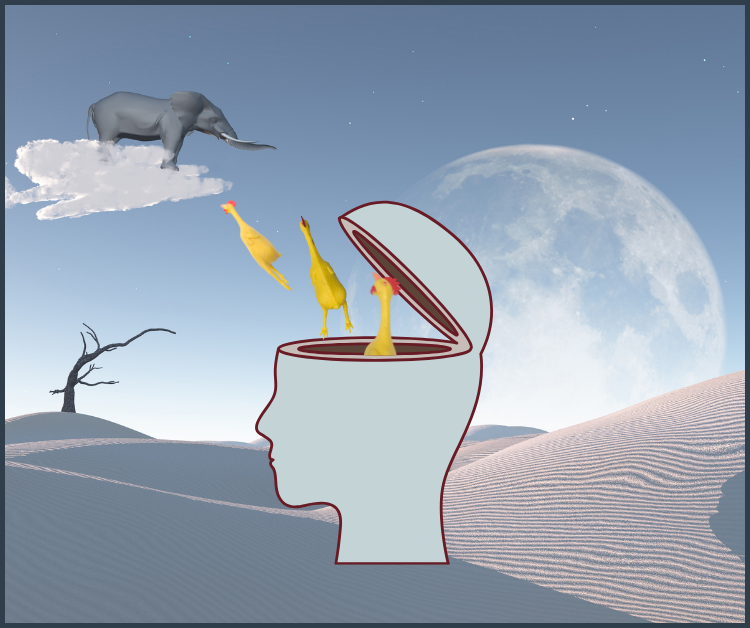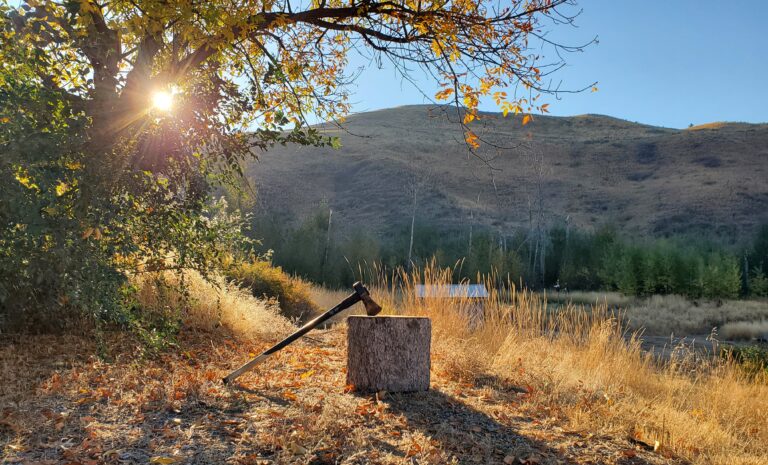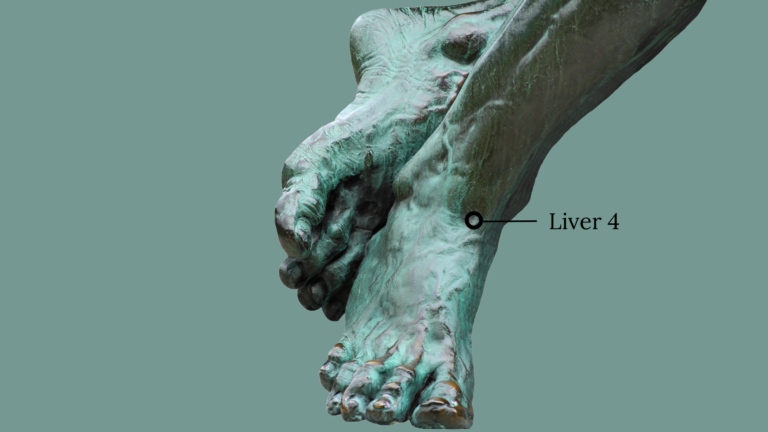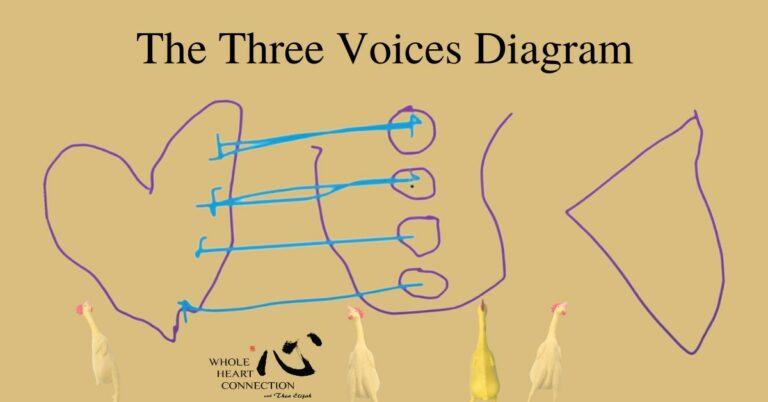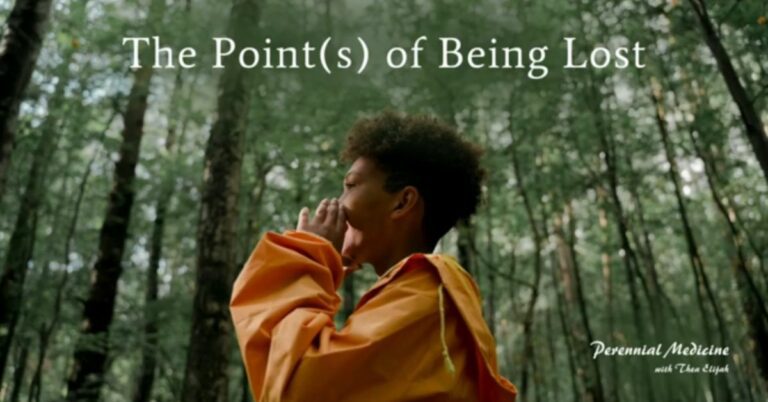Being Right Without Being Arrogant
One of my fondest memories of Eliot Cowan (shamanic healer, teacher and author of the book Plant Spirit Medicine) was when we were starting to argue about the relationship between the Gallbladder and the Kidney. Eliot saw it his way, and I saw it mine. In what was to become a memorable strategic move, I said to Eliot, “The problem is, you’re right.”
Eliot laughed. “Exactly why is that a problem?” he asked.
“It’s a problem because I am also right,” I told him, “and your way of being right is keeping you from seeing that I’m right, too.”
That caught Eliot’s attention, and he stopped to listen to me more closely. It gave us an opening to have a much more satisfying discussion, not just this time, but in many future conversations. I could always say to Eliot, “Eliot, the problem is you’re right!” and he knew exactly what I meant—that I was not arguing against him—it’s not that he was wrong—but that I had something to say that would require making some space for another way of understanding.
I’ve been thinking about this a lot recently with another teacher who has a tendency to be right, and to be very clear about it. I agree! He’s right! It’s just that, predictably, his being right gets in the way of seeing anything except what he is right about. Neighboring insights, nuances of expanded truth, are drowned out by the clear light of certain-but-incomplete knowledge and understanding.
Being right means that we have a strong sense of the truth—but it does necessarily not mean that we have the whole truth.
I believe that there is a word for the perils of being right—a word for what happens when being right gets in the way of being able to recognize when there is more to truth than what we understand. That word is arrogance.
I’ve noticed that it is possible to be very, very humble in some ways, and yet still prone to this kind of arrogance. We may be humble before the will of God, or humble before people whom we consider more knowledgeable and skilled than we are, or humble about our hopes, dreams and aspirations. We may feel that we are not very important; we may feel that we are only here to give and to serve. But can we listen beyond what we already know?
Now that I have become sensitized to this issue, I am noticing it everywhere. So many of us who do not consider ourselves arrogant are, in fact, unaware of the potentially infinite nature of being right. We recognize clearly when we are right, as though it were an exclusive state, instead of a small raft in a larger ocean.
Given the natural diversity of perception, given how richly different backgrounds and experience can inform perspective, it is small wonder that there is more than one way to be right about so many things!
In the Sufi path that I follow, it is said that even among prophets, let alone ordinary people, different secrets are given to different hearts. Even someone who has been given tremendous knowledge and insight must listen in order to know the truths and realities that have been made plain to other hearts.
Many of us are incredibly insightful, incredibly tapped in, and incredibly perceptive. How do we guard against the early stages of arrogance creeping into our certainty? When we are, in fact, utterly clear about what we are seeing and understanding, will we remember that others may also have clear knowledge that does not threaten, but actually expands our own?
I propose that we start being very, very friendly about this—I propose that we start letting each other know, with a loving smile, that “The problem is you’re right!” I am already smiling, hand on my heart, as I imagine others saying this to me.
To join the discussion, find us on my Perennial Medicine discussion listserv (all are welcome)
